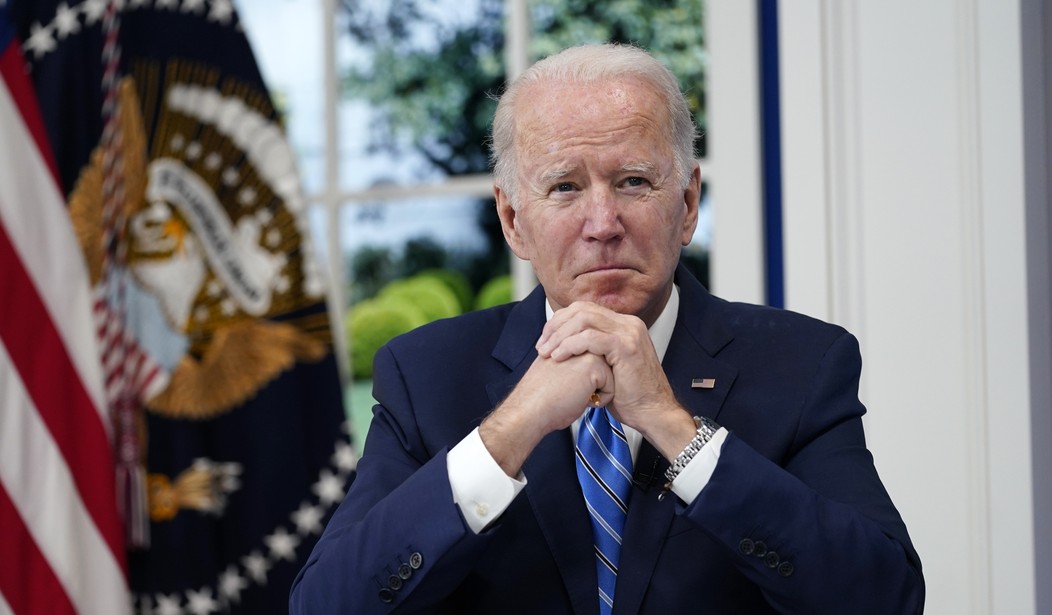The number of things that went wrong during the botched withdrawal from Afghanistan (as even the Army has now concluded) is almost too large to count. But up near the top of the list of blunders was the complete failure to have a plan to evacuate all of the Americans and Afghan helpers who wound up being stranded in the country after the Taliban takeover. This week we’re seeing some signs that the Biden administration may have learned a lesson from that debacle. With the threat of a Russian invasion of Ukraine still looming as a possibility, the White House is actually putting together a plan to get our people out of there if Putin’s army suddenly comes swarming over the border. But with somewhere between 10,000 and 15,000 Americans currently in the country (the State Department has admitted that they don’t know precisely how many), could they all be gotten out before the Kremlin’s tanks roll into Kyiv? (NBC News)
Americans who need help getting out of Ukraine if Russia invades the country could be brought through Poland and receive support from U.S. troops, a senior defense official and a U.S. official told NBC News on Wednesday.
If U.S. troops are needed to support an evacuation, soldiers from the 82nd Airborne Division would be called in to set up checkpoints for medical screening and administrative processes as well as provide logistical support and any necessary medical aid to care for people in Poland, the officials said. Members of the 82nd Airborne have not been ordered to go into Ukraine to evacuate anyone at this point, the sources said, but Pentagon officials have indicated using them for such an operation is possible if needed.
Assuming we are already putting the troops and required logistical support materials in place, this looks like a fairly solid plan, so the White House is to be congratulated on taking these steps. The majority of the Americans in Ukraine (though not all of them, obviously) are located in and around Kyiv. Even if Russia were to move suddenly and aggressively, there should be time to get our people out.
It’s a march of several hundred miles from Yelnya in Russia (where the bulk of their troops are currently encamped) to the closest spot on the Ukrainian border. From there, it’s an additional two hundred miles to Kyiv and there’s a major river to cross along the way. Also, it’s expected that the Russian army would be slowed by needing to fight insurgent Ukrainian forces along the way.
Even the troops staged in Belarus would need to be consolidated from s many as a half dozen locations according to the latest intelligence estimates. Then they would face a similar trek south before reaching the Ukrainian border, with more than 100 miles to go after that to reach the capital.
Meanwhile, we have a couple of distinct advantages in Ukraine that we lacked in Afghanistan. First and foremost, we have friendly nations on the border of the country, most notably Poland and Romania. They will reliably allow us to stage troops from the 82nd Airborne and other units along their sides of the borders for the purpose of assisting evacuees. It’s true that anyone leaving Kyiv in vehicles is looking at a more than 300-mile trip to either border, but Ukraine has a surprisingly good system of highways stretching to the east and south so convoys of cars and trucks should be able to make the journey in a single day. The Russian army, on the other hand, will move at a more lumbering pace.
As noted in the linked report, we would retain the option of sending our troops over the border into Ukraine, not to fight, but to assist any evacuees who become bogged down in some fashion. Vladimir Putin would have to have grown insanely bold to even consider launching airstrikes against departing convoys of American diplomats and civilians or our troops who were far removed from the fighting and engaged in an evacuation effort.
All things considered, this sounds like a good plan and a sensible precaution to take, even if Russia never winds up invading. It’s a rare day when I get the chance to praise the Biden administration, particularly when it comes to foreign policy and military matters, but I’ll offer them a tip of the hat here. These are smart moves to make, and there should still be adequate time to put all of the pieces in place so we’ll be ready if the situation goes completely pear-shaped.








Join the conversation as a VIP Member